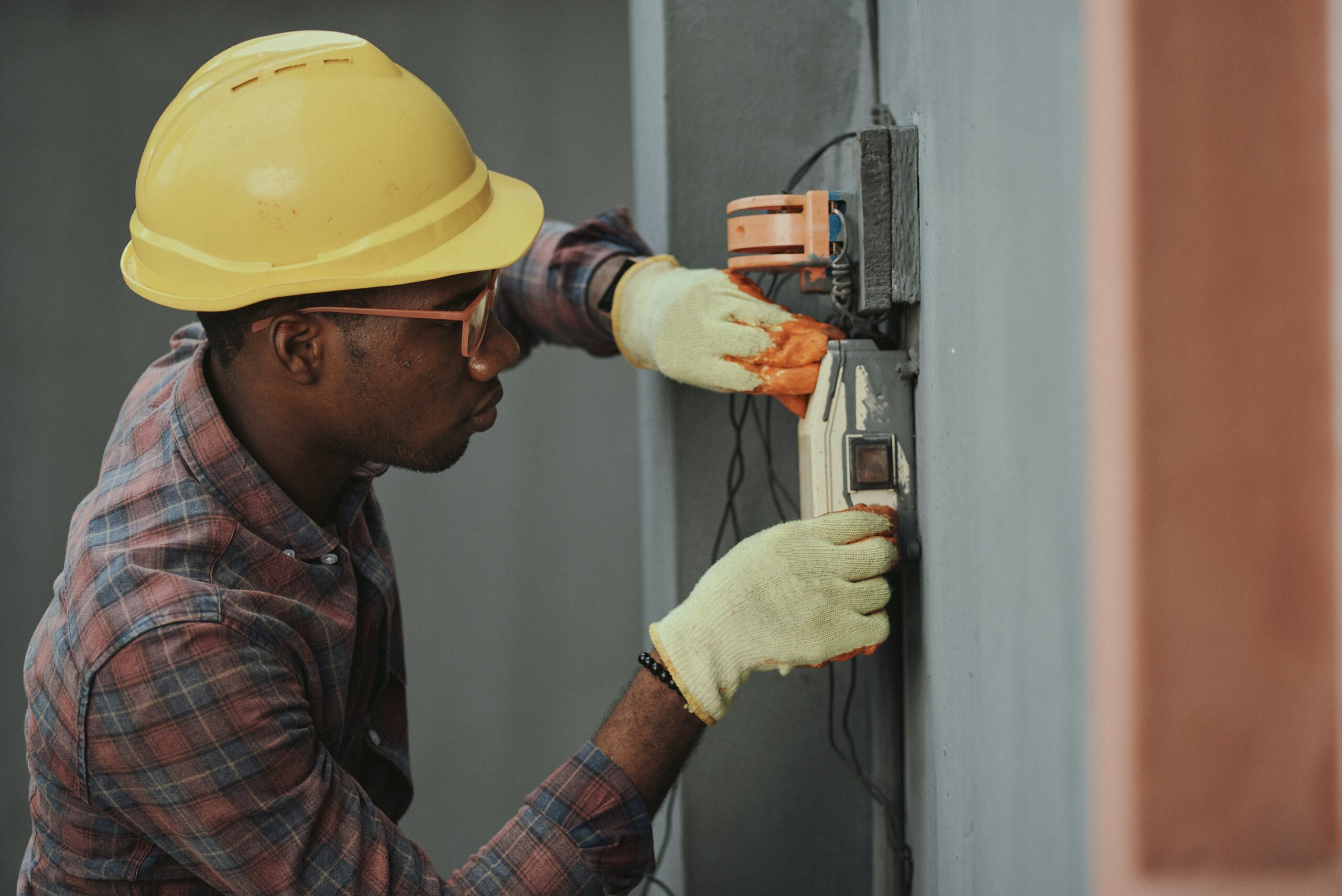Due, in no small part, to the accessibility of information afforded by the internet, more and more people choose to embark upon small and larger electrical projects at home with no professional assistance.
Now, as fulfilling as such projects can be, not to mention the money you will save not hiring the services of a professional, there are more than a few key points to concentrate on to ensure the safety of yourself and the rest of your household.
With this in mind, if you are a DIY amateur electrician, read on!
The Building & Wiring Regulations
There is no legal issue with carrying out most kinds of minor modifications and electrical products in your own home just as long as you are fully compliant with the UK building and wiring regulations, specifically Section P.
Such minor work consists of one or more of the following:
- Additional lighting points
- Replacing light fittings
- Installing ceiling roses
- Replacing circles in damaged circuits
- Socket cover replacement
Incorrect electrical projects attempted by unqualified amateurs have resulted in a staggering fifty percent of all serious electric shocks at home occurring due to the misuse of power tools or a lack of preparation.
The Proper Tools for the Job
As with any other undertaking that involves a high level of risk or injury, you must ensure that the tools and other equipment you use are of the highest possible standard and quality.
This is why professional and amateur electricians alike choose to purchase the entire contents of their toolbox from renowned and established electrical wholesalers near me, whereby each set of tools comes with a safety guarantee.
The Importance of a Residual Current Device
Even for the simplest of electrical jobs at home, the importance of an RCD (residual current device) could not be more paramount.
Essentially, an RCD, whether that be automatically installed as part of your property’s fuse box or else as a plug-in additional extra, cuts off the power to the area you are working on should an electrical fault occur.
RCDs are superior to both circuit breakers and regular fuses and are the best way to protect yourself from surging electricity should you make a mistake. Additionally, make sure the very first thing you do before attempting any electrical work is to shut off the power supply.
Be Aware of What You Can & Cannot Do
There may be more than one reason why you are choosing to complete electrical work on your home yourself rather than hiring a professional, and although this is admirable, there are some things you simply must not attempt yourself.
Even for experienced amateur DIY electricians, you must never attempt to replace substantial panels of wiring, replace or, indeed, repair a circuit breaker, or the installation of dedicated circuits.
Furthermore, you must hire the services of a qualified electrical engineer if you require new light switches to be fitted in any room of your home, even the garage, with a separate power supply.

